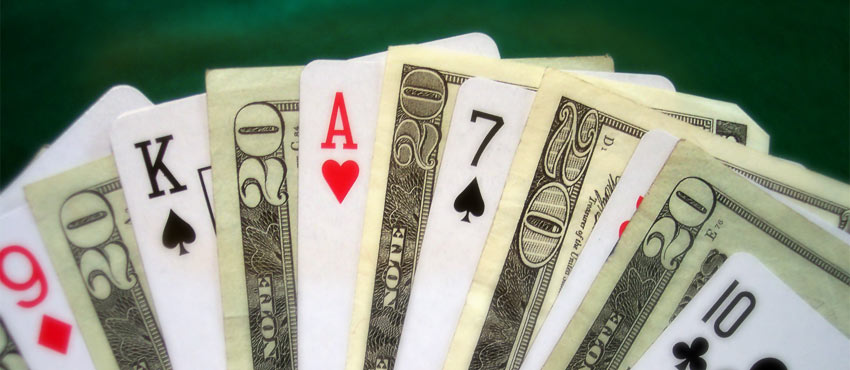The entrepreneurial spirit is an indelible part of the fabric of capitalism. Come on: Henry Ford? Steve Jobs? What is it about these giants who become tycoons that gave them the ability to turn an idea into a global phenomenon? It’s a question that sits and burns in the back of the mind of everyone with a great idea, and everyone who wants to be their own boss. It has to start with a harsh truth, though – entrepreneurship is not for everyone.

For some, the key is what some would consider basically bad behavior. I know that sounds counter-intuitive, but it’s true. Several personality traits and habits are common to many of mankind’s most successful startups, and not all of them are things they tell you about on career day in school.
The “Good” Bad Behaviors
First up: the checkered past. Many entrepreneurs didn’t follow the “usual” path of success, climbing the ladder a run at a time. Microsoft’s giant Bill Gates and Mark Zuckerberg, the Emperor of Facebook, have one very notable thing in common: they’re both college dropouts. And they dropped out of Harvard, no less – something that had to drive parents the world over absolutely batty.
Side note: for a list of famous Harvard dropouts not named Gates or Zuckerberg, check out this highly informative list of millionaires. It makes us wonder if dropping out of Harvard isn’t smarter than graduating.
Second: risk-taking behavior. Some would argue that dropping out of Harvard is a risk, and we wouldn’t counter them. But unlike people who go on to become high level managers or CEOs in the usual fashion, entrepreneurs who are self-employed exhibit what psychologists call risk-taking behavior.
This has been suggested to be a side effect of extremely high intelligence combined with insufficient mental stimulation. But studies of entrepreneurs showed that they, too, were risk-takers of a certain style. This allows them to seize opportunities while working under intense pressure.
Third: impulsivity. Entrepreneurs are more likely than their straight suit-and-tie business counterparts to do things quickly. That may contribute directly to the high failure rate of startups (evidence that the entrepreneurial spirit is not always accompanied by the required intelligence, luck, or serendipity), but when entrepreneurs win, they often win big. “These snap decisions can lead to varying degrees of success, but being unable to make them is a sure way to fail,” says MSE President Yoel Wazana.
The “Bad” Bad Behaviors
First: the dreaded overcommit. Entrepreneurs are hungry, spirited risk takers. It follows that they quite often overextend themselves, saying yes to too many opportunities, and crushing creativity under the weight of too many menial tasks.
Second: overworkingor ignoring your own rules. Most people agree that you have to shut off and recharge occasionally. The person who can handle the frenetic pace of the startup full-time is rare, so most people give themselves a rule – take a day off every other week, turn off the computer at 3 A.M., whatever. But when things get busy, those rules get tossed, and entrepreneurs hurt themselves.
There are a lot of other things we catch startups doing, but most of them seem to grow out of these. And if you think about, entrepreneurs have all the same characteristics of some Greek myths – incredible ability, the drive to overcome Herculean tasks … and, just sometimes, hubris.
About the Author: Michael Newsham is a freelance marketing and copywriter who has worked with many startups and worked on teams to launch national brands. He is based in Philadelphia, PA – where he also works as a musician and author.



